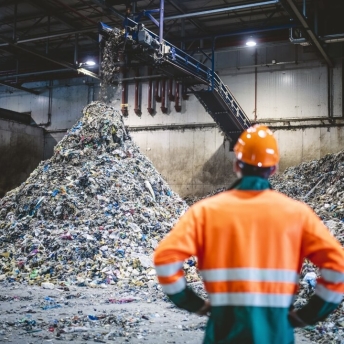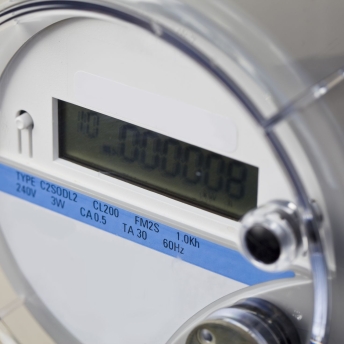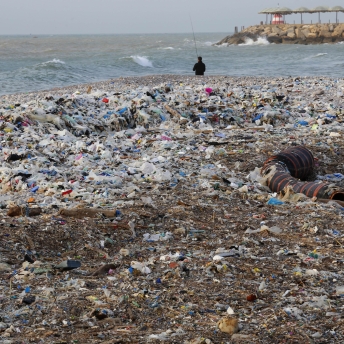Andrea Romboli
Partner
Andrea advises companies operating in different contexts on growth strategy, organization design & process improvement.

Areas of Focus
Education
Past Experience

Andrea Romboli’s profile: Andrea is a Partner in Arthur D. Little´s Rome office, and has been working with Arthur D. Little since 2006.
He has over 20 years of consulting experience, carried out mainly in the utilities industry.
His primary focus areas lie in the strategic planning, process improvement, organizational design, transaction advisory and business planning in different segments of the energy value chain (generation, transmission, distribution, retail and energy efficiency).
Within our Energy, Utilities & Resources Practice, Andrea leads the global competence center dedicated to Energy Transactions and has advised has supported several leading companies in Italy and abroad.
Andrea also leads the Corporate Finance Practice in Italy, providing due-diligence services, transaction advisory and finance and controlling support in a multi-industry context.
Before joining Arthur D. Little, he worked at Ernst & Young and Arthur Andersen.
Andrea is married and has two children.


Digital energy

Energy retailers: Facing the toughest transition in the energy sector

The evolution of the street lighting market

The Lebanon municipal solid waste crisis

Planning strategic competences of the future

Output-based regulation

Italian gas distribution tenders

Andrea Romboli’s profile: Andrea is a Partner in Arthur D. Little´s Rome office, and has been working with Arthur D. Little since 2006.
He has over 20 years of consulting experience, carried out mainly in the utilities industry.
His primary focus areas lie in the strategic planning, process improvement, organizational design, transaction advisory and business planning in different segments of the energy value chain (generation, transmission, distribution, retail and energy efficiency).
Within our Energy, Utilities & Resources Practice, Andrea leads the global competence center dedicated to Energy Transactions and has advised has supported several leading companies in Italy and abroad.
Andrea also leads the Corporate Finance Practice in Italy, providing due-diligence services, transaction advisory and finance and controlling support in a multi-industry context.
Before joining Arthur D. Little, he worked at Ernst & Young and Arthur Andersen.
Andrea is married and has two children.


Digital energy

Energy retailers: Facing the toughest transition in the energy sector

The evolution of the street lighting market

The Lebanon municipal solid waste crisis

Planning strategic competences of the future

Output-based regulation

Italian gas distribution tenders
More About Andrea
- University Tor Vergata, RomeMaster’s Degree in Economics
- Ernst & YoungManager
- Arthur AndersenConsultant
